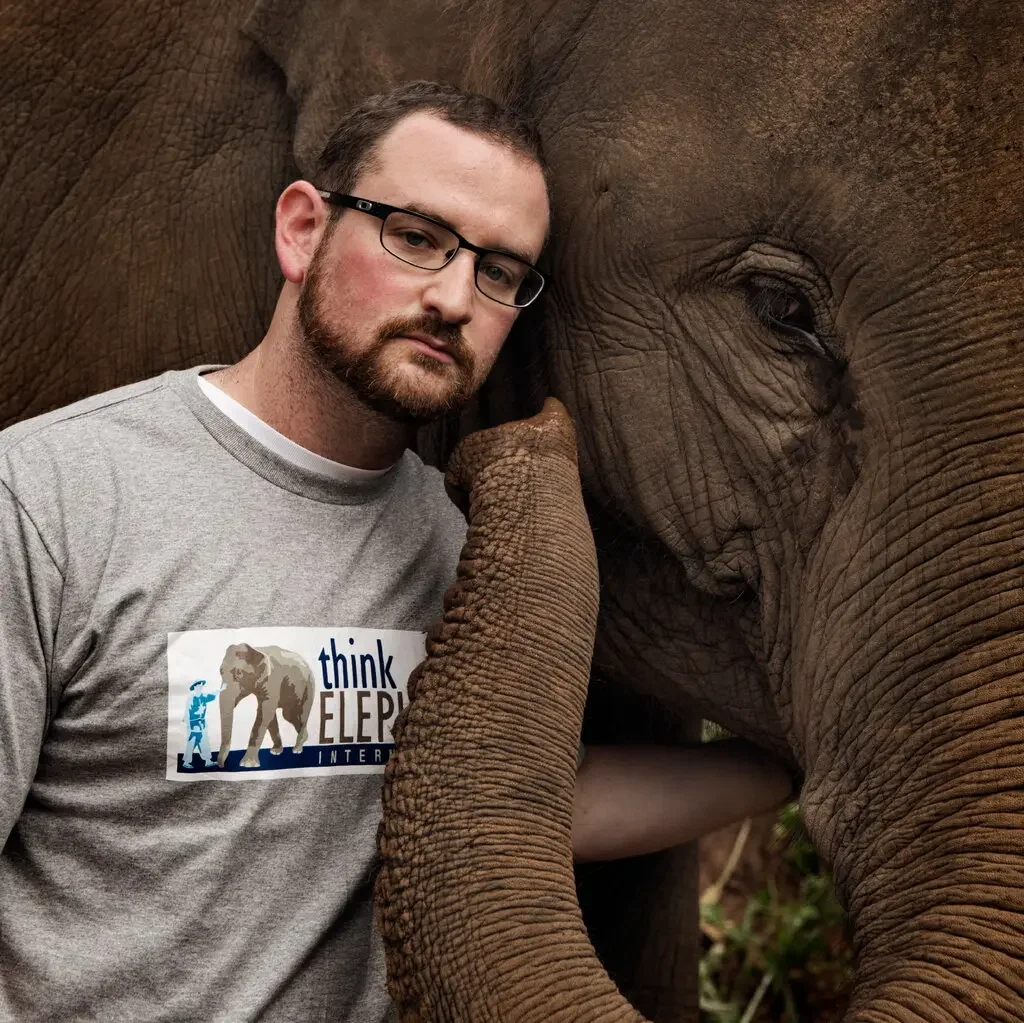He Studied Elephant Behavior to Save Lives
Dr. Plotnik in Thailand in 2013 | Adam Ferguson for The New York Times
In an article for the New York Times, Emily Anthes interviews Joshua Plotnik, who has been studying Asian elephant cognition for 20 years. In his research at Salakpra Wildlife Sanctuary Thailand, his team had created personality profiles to direct mitigation tactics toward each particular elephant's personality.
For the past seven years, what we have done is systematically identify the individual elephants in the Salakpra Wildlife Sanctuary in Kanchanaburi, Thailand. We’ve identified more than 300 of them and created personality profiles. The idea is: If you can identify an elephant that is raiding a farmer’s crop field, can you direct your mitigation toward that particular elephant’s personality?
We’ve developed this device called a targeted personality device. It can play a strobe light or display different colors. We can play sounds of predators or novel sounds, depending on whether the elephant is more afraid of predators or novel stimuli. It can spray the odor of potential predators. You can program this device based on all the data you’ve collected on the personalities of the elephants that have come into the crop field. We’re just starting to test that.
The majority of funding for this project has come from the U.S. Fish and Wildlife Service. They have funded us continuously until the president’s executive order freezing foreign aid in January. U.S. Fish and Wildlife sent a stop-work order. And there’s been no word whatsoever since.
Recent funding cuts have affected NYSEAN’s collaborators such as Dr. Joshua Plotnik, whom we are supporting for an upcoming conference in May 2026.

